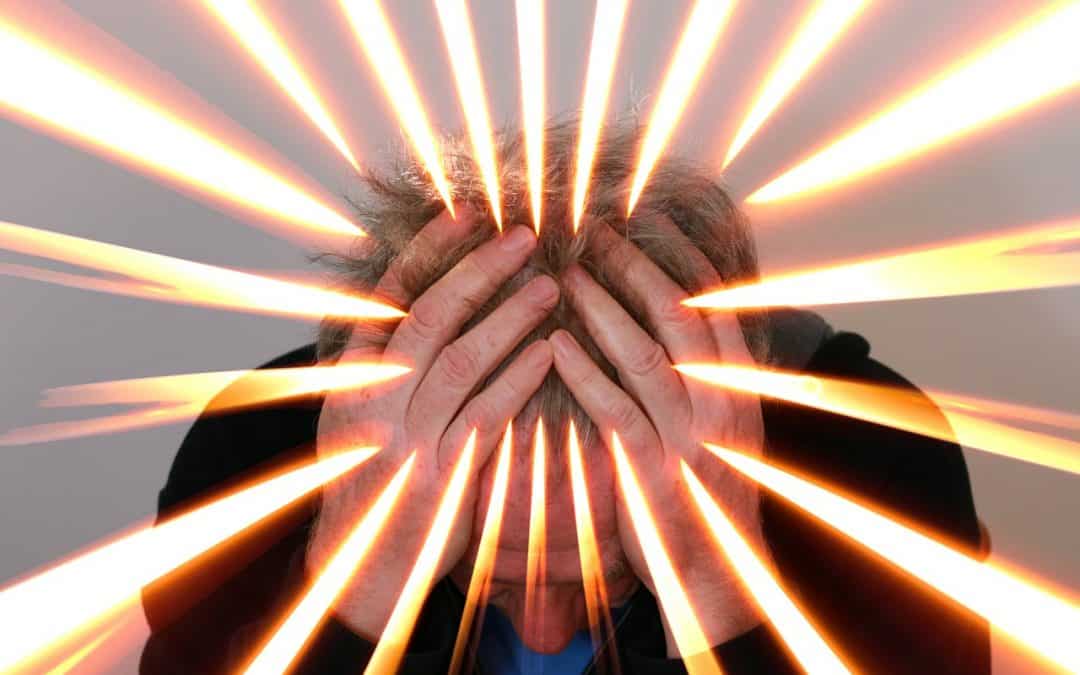How Stress Affects Your Health
Stress is a natural physical and emotional response to challenges. While occasional stress can increase alertness and motivation, long-term stress can negatively impact your body, mind, and overall well-being. Understanding how stress affects your health can help you take proactive steps to protect yourself and maintain a balanced lifestyle.
What Is Stress and How Stress Affects Your Health
Stress occurs when the body reacts to a challenge or perceived threat through physical and emotional responses. This reaction is often referred to as “fight or flight.” Though short bursts of stress may help you focus, long-term stress can harm your physical and mental health. Learning how stress affects your health empowers you to identify early symptoms and seek preventive care or support.
How Stress Affects Your Mental Health
Mental health is one of the first areas impacted when examining how stress affects your health. Persistent stress can lead to anxiety, depression, mood swings, panic attacks, and difficulty concentrating. People often report losing interest in activities they once enjoyed, feeling overwhelmed, or having trouble managing emotions. Reliable resources such as CDC.gov and NIH.gov offer extensive information about the connection between stress and mental health.
How Stress Affects Your Head and Brain
Headaches and migraines are common signs of how stress affects your health. Frequent stress keeps the body in a constant state of alertness, leading to muscle tension and restricted blood flow that trigger tension headaches. Stress also impacts the brain’s function. Prolonged stress may reduce brain cell communication, affecting memory, focus, learning, and reasoning. According to research highlighted on KFF.org, unmanaged chronic stress is linked to cognitive decline and challenges in emotional regulation.
How Stress Affects Your Heart and Blood Pressure
Stress increases the body’s production of cortisol, a hormone associated with heightened alertness. While helpful during emergencies, elevated cortisol over time can raise blood pressure and cholesterol levels. These responses are key factors in heart disease, heart attack, stroke, and irregular heart rhythm. Learning how stress affects your health highlights how important it is to monitor cardiovascular well-being. Organizations like AHIP.org and CMS.gov provide valuable guidance.
How Stress Affects Your Lungs and Breathing
When you are stressed, breathing patterns often change. Stress can tighten respiratory muscles, leading to shortness of breath and rapid breathing. Hyperventilation decreases carbon dioxide levels in the blood, which may cause numbness, dizziness, rapid heartbeat, and asthma symptoms. If you already have a respiratory condition, stress may worsen symptoms. Information from USA.gov explains how stress affects your health in these ways.
How Stress Affects Your Muscles and Joints
A clear example of how stress affects your health is muscle tension. Stress causes muscles to tighten, resulting in stiffness, soreness, and painful spasms. Long-term stress can also increase production of cytokines, molecules that cause inflammation in the joints. This may contribute to pain, discomfort, and limited mobility, especially in individuals with arthritis or related conditions.
How Stress Affects Your Immune System
One of the most serious ways stress affects your health is by weakening your immune system. When cortisol remains high, immune responses slow down, reducing the body’s ability to fight infection. This makes you more susceptible to illness. People under chronic stress often struggle with frequent colds and infections. Trusted resources such as Healthcare.gov and HealthInsurance.org discuss how preventive care through insurance helps maintain immune health.
How Stress Affects Your Skin and Hair
How stress affects your health is often visible on the outside. Stress can contribute to acne, rashes, and increased skin sensitivity. When cortisol levels rise, the body’s inflammatory response intensifies, reducing the skin’s ability to heal. Long-term stress may also trigger hair thinning and hair loss. In some individuals, stress can lead to alopecia areata, an autoimmune condition that causes patchy hair loss.
How Stress Affects Your Stomach and Digestion
Digestive issues are another major component of how stress affects your health. Stress may change eating patterns, causing overeating or loss of appetite. Digestive speed can also fluctuate, resulting in diarrhea, constipation, or bloating. People under constant stress are more likely to suffer from acid reflux, irritable bowel syndrome (IBS), and stomach ulcers.
How Stress Affects Your Weight
How stress affects your health can show up in weight changes. Hormonal shifts may increase hunger or reduce appetite. Some people eat more as a coping mechanism, which can result in rapid weight gain. Others may lose their appetite and experience weight loss or fatigue. Stress also affects metabolism, increasing the risk of obesity and related conditions.
How Stress Affects Fertility and Hormones
Stress can disrupt hormones, contributing to fertility challenges. In women, stress may cause irregular periods or interfere with ovulation. In men, stress may contribute to erectile dysfunction or reduced sperm production. These issues demonstrate how stress affects your health on a hormonal level. Decreased libido is common for all genders.
Managing How Stress Affects Your Health
Regular exercise, healthy diet, sleep, mindfulness practices, mental therapy, and preventive health care all help manage stress. Insurance can help individuals access needed care, including therapy, counseling, and screenings. Learn more at:
Vivna Health Insurance.
FAQ
Q: Can stress make me physically sick?
A: Yes. Stress can contribute to chronic health conditions and increased illness risk.
Q: Can insurance help with stress treatment?
A: Yes. Many plans cover mental health and wellness.
Q: Can stress affect fertility?
A: Yes. Hormone disruption can impact reproductive health.
Q: Does stress cause headaches?
A: Yes. Stress is a major cause of tension headaches.
Q: Can stress weaken my immune system?
A: Yes. High cortisol suppresses immune response.
Why Contact Us
Understanding how stress affects your health is the first step toward wellness. Having the right health insurance can provide access to preventive care, mental health services, and ongoing support that protect your well-being and your family’s future.
Contact Vivna Insurance to learn more about:
• Affordable Health Insurance
• Supplemental Plans
• UnitedHealthcare Options
• Short-Term Solutions
• Health Share Alternatives
Call now at
888-730-6001
Or reach us anytime through our Contact page:
Vivna Contact Us
Get a Free Quote

